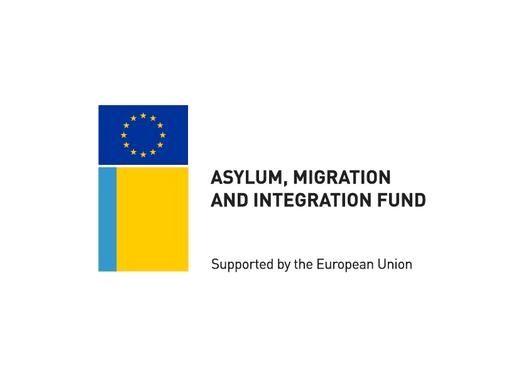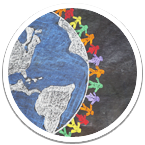Sexual violence
Sexual violence is a form of violence referring to touching, abuse, harassment, incest, rapes, and forcing someone to engage in humiliating or shameful sexual activities. Sexual violence may also be referred to as sexual abuse and violence violating a person’s sexuality.
Sexual violence is always a traumatic experience to victims. It violates a person’s bodily integrity and upsets his or her sense of basic trust. Victims of sexual violence may suffer from long-term consequences and a post-traumatic stress disorder, which may occur immediately after the act or later.
Sexual violence is a particularly hurtful form of violence
Violence related to cultural traditions or threat thereof often inherently threatens the victim’s sexual health or rights. This sort of violence may occur as violence related to “honour”, forcing someone to get married, denying the use of contraception, or genital mutilation.
People from different countries and cultures may not have sufficient knowledge of issues such as self-determination or the right to bodily integrity. Refugee camps, taking flight and the situation in the country of origin may expose persons with a refugee background to abuse. Unaccompanied minors are at a particular risk of experiencing sexual violence. Refugees also have a lot of traumatic experiences, which may also include experiencing sexual violence as a form of torture.
Women may have been victims of many types of violence, and there are cultures that do not perceive sexual violence, such as rape, within a marriage as a crime but a man’s right and a woman’s obligation. It may be difficult, or even impossible, to address issues occurring within families and among relatives.
Those who have experienced sexual violence need special support
The Council of Europe Convention on preventing and combating violence against women and domestic violence (Istanbul Convention) includes multiple provisions on sexual violence. The convention also obligates Finland to improve the status of, and services available for, the victims of sexual violence.
Victims of sexual violence must be provided with the special support they need, such as a forensic medical examination, and psychosocial support and counselling at the same place or they must be immediately referred to appropriate services. It is also important to help the perpetrator. The goal of the help offered to the perpetrator is preventing any further sexual offences.
Sexual violence is a crime
Sexual violence and abuse are always crimes regardless of who has committed them. It is important for professionals to note that particularly men may find it extremely difficult to talk about their experiences of sexual violence. Minors who have been victims of violence are often unable to recognise their experiences or afraid to talk about them.
When dealing with child victims, professionals must collaborate with the child welfare services. The prevention and identification of, and early intervention in, child abuse is a concern of everyone acting in the child’s daily environment. Those working with children have a duty to notify the authorities of any suspicions of sexual violence against a child.
PALOMA-training, part 9: Sexual Violence.
PALOMA-training, part 9: Sexual violence





